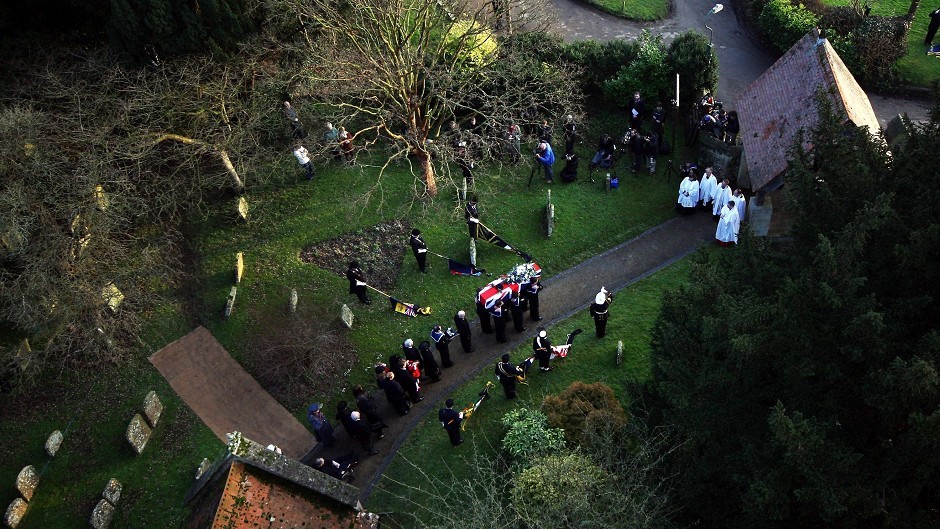Concerns have been raised about the complex and expensive legal process faced by bereaved families when a loved one dies.
Retired bank executive Brian Fowler was left frustrated after he began helping members of his local community in Glenlivet with the paperwork, free of charge.
The 73-year old said the C1 confirmation form for a deceased’s estate was far from user-friendly, and that a simplification could avoid the need for costly solicitor fees.
“Many people just don’t realise the cost involved, which can be somewhat over £2,000, and the time and effort and the upset involved in having to deal with an estate,” he said.
>> Keep up to date with the latest news with The P&J newsletter
“I think it’s something that needs to be changed in a number of ways.
“The instructions state that it’s advisable to use a solicitor. In that case why don’t the court change the form so they are user friendly?
“It’s ridiculous. It’s much easier in England.”
He said that solicitors can charge £170-an-hour for a process that should be “quite straight-forward” and urged the Law Society of Scotland to encourage its members to charge based on the knowledge and experience a person needs to fill in the form.
Mr Fowler also raised concerns about property rights, including the failure of solicitors to include a “survivor clause” when a family home is being purchased, so a property passes to the survivor.
And he had also found issues relating to a child’s legal right to claim up to one third of an estate, excluding the family home, even if the deceased’s spouse is left the estate in a will.
A spokeswoman for the Law Society of Scotland said: “Bereavement is a challenging and emotional time for families and the demands of administering an estate can add to that pressure.
“The executor of an estate can legally complete the confirmation form themselves, but if they do wish to seek legal advice, then confirmation work is ‘reserved’, which means that only Scottish solicitors can conduct this work on behalf of a client.
“Costs are important to everyone and solicitors will provide clients with an estimate and explain how bills are calculated.
“While the Law Society of Scotland doesn’t have power over the fees charged by solicitors, they do state that fees must be ‘fair and reasonable’.”
